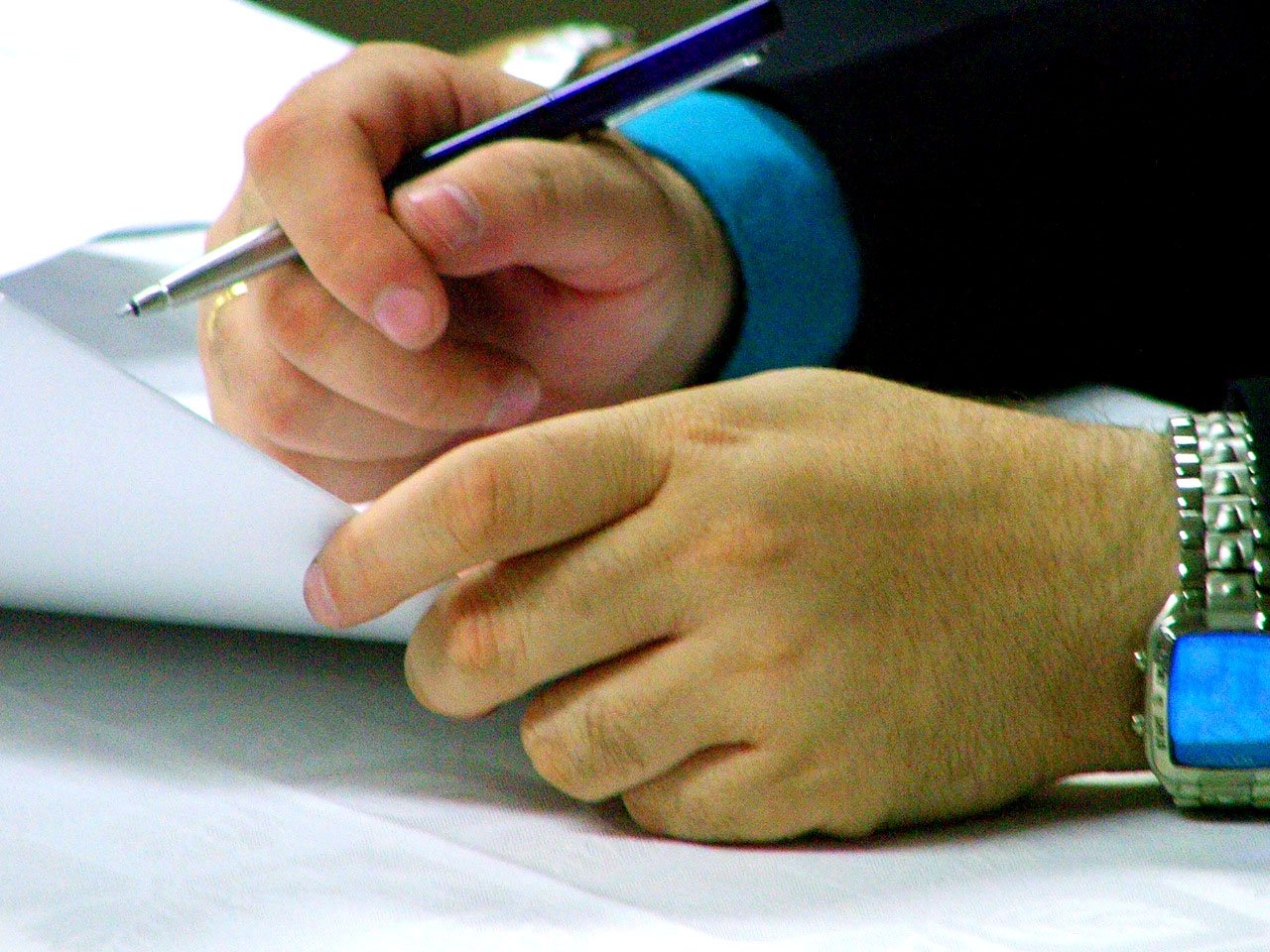- Free Initial Consultation: (954) 761-3641 Tap Here To Call Us
When Executing a Will in Florida, Strict Compliance is Expected

A dispute between aunt-nephew over the validity of their father-grandfather’s half-signed will has resulted in a Florida appellate court ruling affirming state law mandating wills strictly adhere to all statutory requirements – or else they’ll likely be deemed invalid. The case underscores a point of critical importance when planning your estate: Have an estate planning lawyer help you. Otherwise, you may leave loved ones with little choice but to pursue probate litigation.
There are a lot of areas of state law that allow a fair amount of judicial discretion. Florida will execution is one area where judges don’t have a lot of wiggle room.
Wills that do not strictly comply with Fla. Stat. § 732.502(1) or other provisions of that statute will likely be deemed void. There has been ample case law on this issue because disputes have arisen on almost every detail:
- “Can a will be signed with a mark rather than a signature?” (Yes.)
- “Does the testator’s signature need to be on every single page of the will?” (No.)
- “Does it matter in which order the witnesses sign the will?” (No.)
more
Recently, in a probate litigation dispute before Florida’s Second District Court of Appeals, the question was whether the half-signature of a testator – halted mid-sign after being told (erroneously) he needed a notary for the will to be valid – was valid. The 2nd DCA answered negative, reversing the lower court. Had he simply completed his signature, it likely would be.
Half-Signed Will Did Not Strictly Comply With Statute, Court Rules
Here’s what happened: Decedent died two years ago, at which point his grandson was named personal representative of his estate and petitioned for administration of a will that was dated 2013. However, the man’s daughter filed a petition, alleging that will could not be legally executed it failed the test of strict compliance with regard to her father’s signature.
The court held a hearing to weigh the evidence the decedent was working to have his will executed in September 2013 at his home, where present were his wife, two witnesses (a family friend and pastor who joined the couple weekly for breakfast). The friend testified he signed the will as the first witness, the pastor did so next and then decedent began to sign. But he got as far as his first name when his wife interceded and told him to stop because she believed he had to sign the document in front of a notary. Only decedent’s first name appeared on the signature line of that will, though he wrote his whole name when asked to sign formal documents.
Decedent and his wife went to a notary the very next day, but they didn’t bring the will. They did bring another document, which was an affidavit of subscribing witnesses, which under certain directives allows wills to be self-proved. Decedent had signed this and the notary stamped it, but this would indicate decedent was his own witness to execution of his own will. Signatures of the other two men aren’t on that affidavit.
In response to the daughter’s will contest, probate court decided the document was in compliance with state statute and that it was the intent of the testator to execute the will as he’d started to sign it and – by account of three witnesses – only stopped because his wife gave him erroneous information about needing a notary. That he then went to a notary the next day further underscored his intent, the court found, even if he notarized his name on the wrong document.
Decedent’s daughter appealed, still arguing the signature did not comply with statutes. The appellate court agreed, noting decedent did not fully sign the end of the will and the fact that he later signed a different document in itself was not sufficient evidence to rectify the fact that his signature was not complete.
But What About Decedent’s Intent?
The very biggest consideration the court has in interpreting a will is the intention of the testator (per the 2002 Florida Supreme Court ruling in Allen v. Dalk). However, when the intention of the will is contained therein, the only way that will is going to be honored is if its execution has been valid – which means strict compliance with F.S. 732.502. The part of that statute relevant here pertains to the signature, which notes in order for a will to be properly executed, the testator must sign at the end or else have his or her name written at the end for them by another person in their presence and at their direction.
That’s not what happened here, which is why the 2nd DCA ruled the evidence fails to show decedent signed his name to the end of the will or had anyone do it for him. This means the will was not in strict compliance with Florida law.
Call Fort Lauderdale Probate Attorney Richard Ansara at (954) 761-4011. Serving Broward, Miami-Dade and Palm Beach counties.
Additional Resources:
Bitetzakis v. Bitezakis, Feb. 1, 2019, Florida Court of Appeals for the Second Circuit
More Blog Entries:
Florida Probate Litigation Statute of Limitations May Not Be Settled, March 31, 2019, Probate Litigation Lawyer Blog













